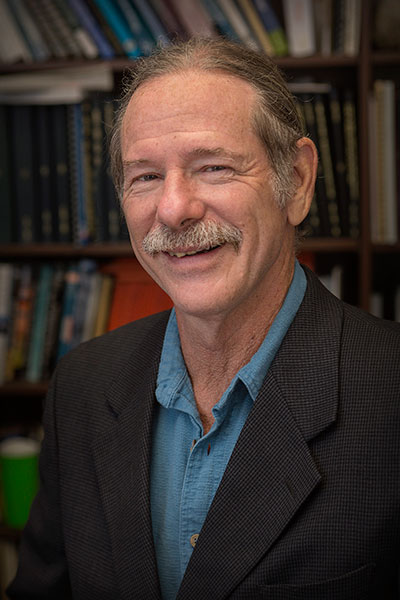
Sea levels are rising at record-shattering rates, and coastal communities around the world are beginning to feel the effects.
As global atmospheric temperatures continue to climb, land-based ice thawing will accelerate and ocean water will warm and expand. At present, sea levels are estimated to be rising at a rate of one-eighth of an inch per year.
Florida’s many densely populated coastal cities are particularly vulnerable to the potentially catastrophic effects of sea level rise. Routinized inland flooding, shoreline erosion and encroaching storm surges threaten to overwhelm infrastructure and wreak massive and irrevocable damage.
Experts from Florida State University are available to discuss the looming threat of sea level rise.
Jeff Chanton, Robert O. Lawton Distinguished Professor and John Widmer Winchester Professor of Oceanography, Department of Earth, Ocean and Atmospheric Science:
(850) 644-7493; jchanton@fsu.edu
Chanton is an acclaimed climate scientist whose research interests include chemical ocean geochemistry and environmental geology. He was recently named the Robert O. Lawton Distinguished Professor, the highest honor given by the Florida State University faculty to one of its own.
“Florida is the canary in the coal mine for the U.S. and sea level rise because we are such a flat state. The Miami area is particularly vulnerable. Seawalls may not help much because the limestone bedrock is so porous. Rising seas could go under the sea wall through the subsurface and flood the city from within.”
Jaap Nienhuis, assistant professor, Department of Earth, Ocean and Atmospheric Science:
(850) 645-4987; jnienhuis@fsu.edu
Nienhuis’ research interests include sediment transport, river deltas, estuaries, tidal inlets and barrier islands. He applies his research to investigate coastal hazards such as flooding, subsidence and erosion.
“Rising sea levels pose great risks to densely populated coastal communities. Storm surges driven by hurricanes and other extreme events will affect more communities more frequently and strike further inland. At the same time, coastal wetlands and dunes will be degraded and will not be able to provide the same levels of protection as they did before.”
Ming Ye, professor, Department of Earth, Ocean and Atmospheric Science:
(850) 644-3743; mye@fsu.edu
Ye is a professor of geology with research focuses in hydrogeology, groundwater transport modeling, high-performance computing and geostatistics.
“Rising sea level increases hydraulic pressure along the coastal boundary of groundwater aquifers, and thus reduces the amount of groundwater discharge into coastal oceans. This may increase near-shore ocean salinity and affect the ecosystems (e.g. marshes) of coastal wetlands. On the other hand, rising sea levels increase the risk of saltwater intrusion, and thus affects drinking water supply for coastal cities.”
Tisha Holmes, assistant professor, Department of Urban and Regional Planning:
(850) 650-7889; ttholmes@fsu.edu
Holmes’ areas of interest include climate change and adaptation strategies in coastal zones, promoting socio-ecological resilience in marginalized communities, planning in ecologically sensitive areas and community participation and engagement.
“Sea level rise poses significant inundation threats to coastal property, infrastructure and communities across the globe. Hazards such as coastal erosion, saltwater intrusion into water supply aquifers, flooding and storm surges are already impacting small island states and coastal states in the Southeast and Gulf Coast regions.
“The risks of accelerating sea level rise intensify the vulnerabilities of community assets and undermine capacities to absorb and rebound from future shocks. Translating plans into action requires robust climate data and scenarios, raising awareness, generating incentives to change and developing politically feasible pathways to implementing adaptive plans and policies.”




